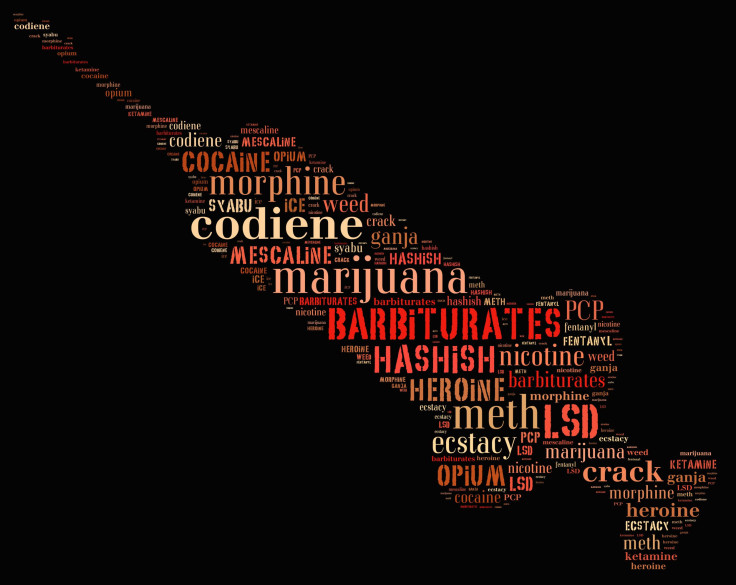Know The Facts: Do You Really Know How Illegal Drugs Affect Your Health?

Think you know facts about illegal drugs? Think again. Many misconceptions and urban legends about illicit substances have persisted over the years, despite not having any evidence to support their validity. Hallucinogens, crack cocaine, and methamphetamine, among others, are often the subjects of these misinformed beliefs.
One common misconception about LSD, for example, is that the substance remains in one’s spinal fluid forever, wielding the potential to cause traumatic flashbacks for life. First of all, never has there ever been a drug that stays in your system forever. Secondly, LSD is metabolized by the liver, and its half-life is between 2.5 and 4 hours. Though LSD does not actually stay in your system, there is something called Hallucinogen Persisting Perception Disorder (HPPD). This occurs when a person experiences a change in perception after using a hallucinogen. HPPD is pretty rare, though — only 4.1 percent of hallucinogen users in a UC Berkeley study experienced any form of the disorder.
Crack cocaine is surrounded by its fair share of lies as well. The idea that crack cocaine is more addictive than other drugs is untrue; addiction rates for crack are similar to other drugs — about 10 to 20 percent of people who try crack become addicted. Cocaine’s effects on unborn babies have also been warped over time. The idea of “crack babies,” or babies who were exposed to cocaine in utero, has persisted for a long time. In 2013, however, a 25-year-long study on the effects of cocaine on unborn babies ended; the babies showed no statistically significant differences from those who weren’t exposed to cocaine.
Methamphetamine, more commonly known as meth, is saddled with the untrue idea that meth addiction is impossible to recover from. Though any addiction is a difficult obstacle to overcome, the correct combination of medication and behavioral therapy makes recovery possible for those struggling with meth addiction. According to one treatment center’s study, their treatment for meth addiction was about as successful as their treatment for cocaine addiction: 50 to 60 percent of participants were clean after a year. This is more effective than treatments for heroin addiction, but less effective than treatments for alcoholism.
Check out the video for more misconceptions about these drugs, plus a few about cannabis as well.



























